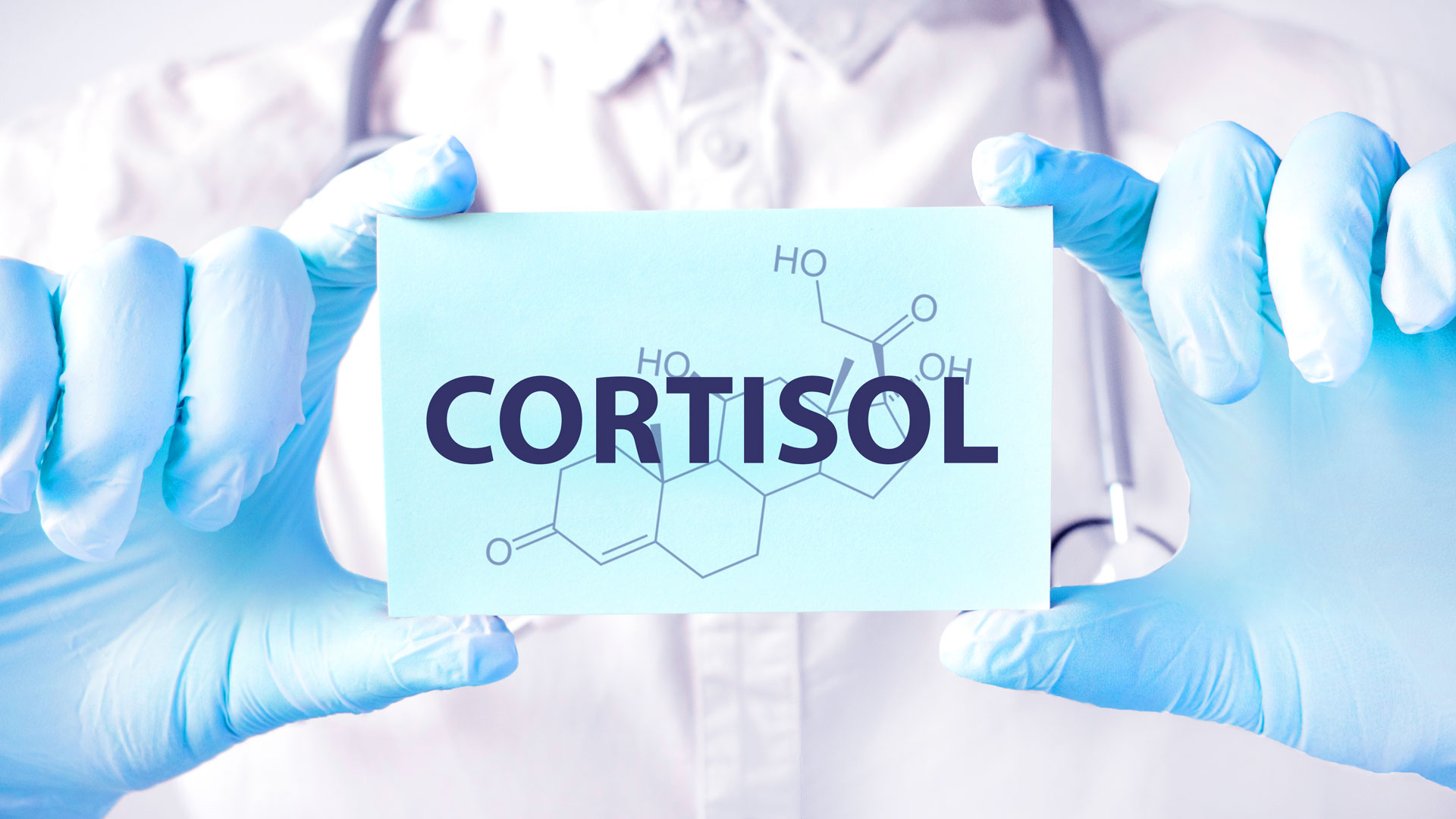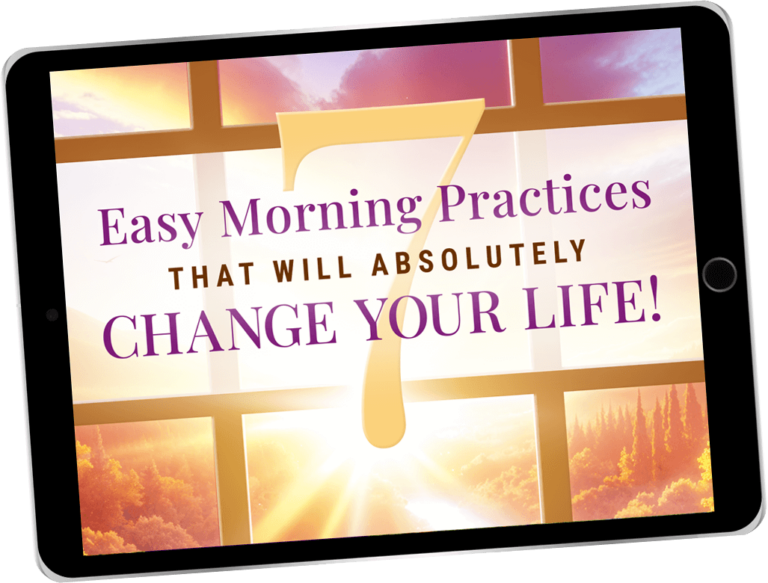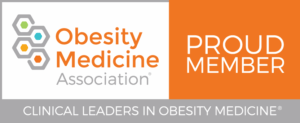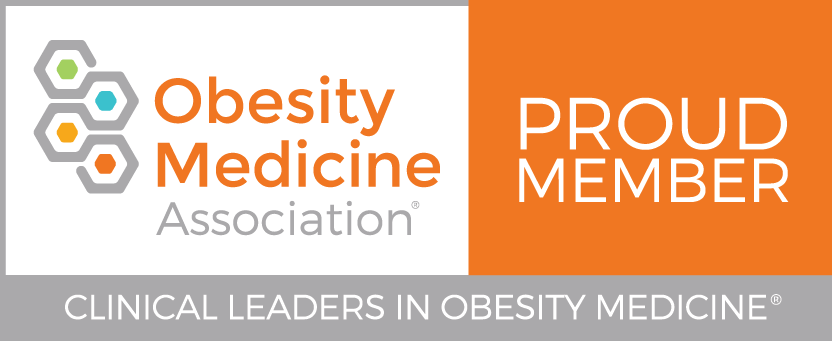By Dr. Maria Paula Guzman, MD, DreamLife Medicine & Wellness
How many times have you heard that “high cortisol” is the reason you’re tired, anxious, or gaining weight?
And how many powders, patches, or pricey supplements have promised to “lower” it?
It’s time to clear the confusion. Cortisol isn’t your enemy—it’s one of the most essential hormones in your body. The real issue? Most of us aren’t dealing with a cortisol disorder—we’re dealing with chronic stress and emotional overload.
Let’s break it down and explore what actually works when it comes to restoring balance and feeling like yourself again.
Cortisol: Friend, Not Foe 🧠 💪
Cortisol gets a bad rap, but this hormone plays a crucial role in:
- Blood sugar and blood pressure regulation
- Managing inflammation and immune response
- Supporting metabolism
- Guiding your sleep-wake cycle
In fact, cortisol is designed to rise in the morning (to help you wake up) and gradually fall at night (to help you wind down). This daily rhythm is not only normal—it’s necessary.
So where’s the disconnect?
The Real Issue Isn’t Cortisol—It’s Chronic Stress
Let’s bust the biggest myth: 🔍
“Your cortisol is too high—take this supplement to fix it.”
Unless you have a condition like Cushing’s syndrome or you’re on long-term steroids, chronic high cortisol is uncommon. What’s much more common? Chronic stress from overwork, emotional strain, poor sleep, and disconnection from our needs.
The fix? It’s not in a pill. It’s in your daily habits.
The Power of Lifestyle Medicine
Lifestyle medicine is a science-backed approach that empowers you to reclaim your health through simple, sustainable practices. It’s not about restriction or perfection—it’s about supporting your body in ways that make you feel safe and balanced.
Let’s look at the six foundational pillars:
🍽 1. Nutrition
- Add fiber to every meal to help regulate blood sugar.
- Start your day with 30g of protein and notice how your cravings and energy respond.
🏃 2. Movement
- Gentle activity lowers stress hormones and boosts endorphins.
- Even a brisk 10-minute walk can rewire your mood and help your body use cortisol effectively.
🌞 3. Sleep
- Get natural light exposure within 1–2 hours of waking.
- Set a 9:30 PM “digital sunset” alarm—dim lights, shut screens, and allow your body to prepare for sleep.
🍷 4. Avoiding Risky Substances
- Swap that evening glass of wine for calming teas like chamomile or lemon balm.
- Replace late-night snacking with a soothing ritual like stretching, body scans, or self-massage.
❤️ 5. Relationships
- Positive connections lower cortisol and boost oxytocin (the “safety” hormone).
- Even quick voice notes or shared laughs can buffer stress and improve resilience.
🧘 6. Stress Management
- Try a physiological sigh: two inhales through the nose, one slow exhale through the mouth.
- Journal with this daily prompt:
“I noticed… I needed… I’m grateful for…”
Mind-Body Medicine: Going Deeper
Even the best lifestyle habits can fall short if we’re living in constant emotional overdrive.
That’s where mind-body medicine comes in.
These practices help you slow down, reconnect, and heal from the inside out:
- Breathwork
- Creative expression (art, writing, movement)
- Reflective practices to uncover how chronic stressors are affecting your health
Because here’s the truth:
Your body can’t heal if it doesn’t feel safe. And when your nervous system finally feels calm and supported, cortisol balances naturally. Sleep improves. Energy returns. You start to feel more like you.
The Whole-Person Approach
Healing isn’t about chasing symptoms. It’s about listening to what your body, mind, and spirit truly need—and meeting yourself with compassion.
If you’ve been doing “all the right things” and still feel stuck, you’re not broken. You don’t need to push harder. You need a plan that fits your unique story, biology, and life.
As a triple board-certified physician in sleep, obesity, and lifestyle medicine, I help patients reclaim their health using an integrative, compassionate, and personalized approach.
No fads. No judgment. Just real support—for your whole self.
Because you deserve more than symptom management.
You deserve to feel rested, resilient, and fully alive in your body again.









